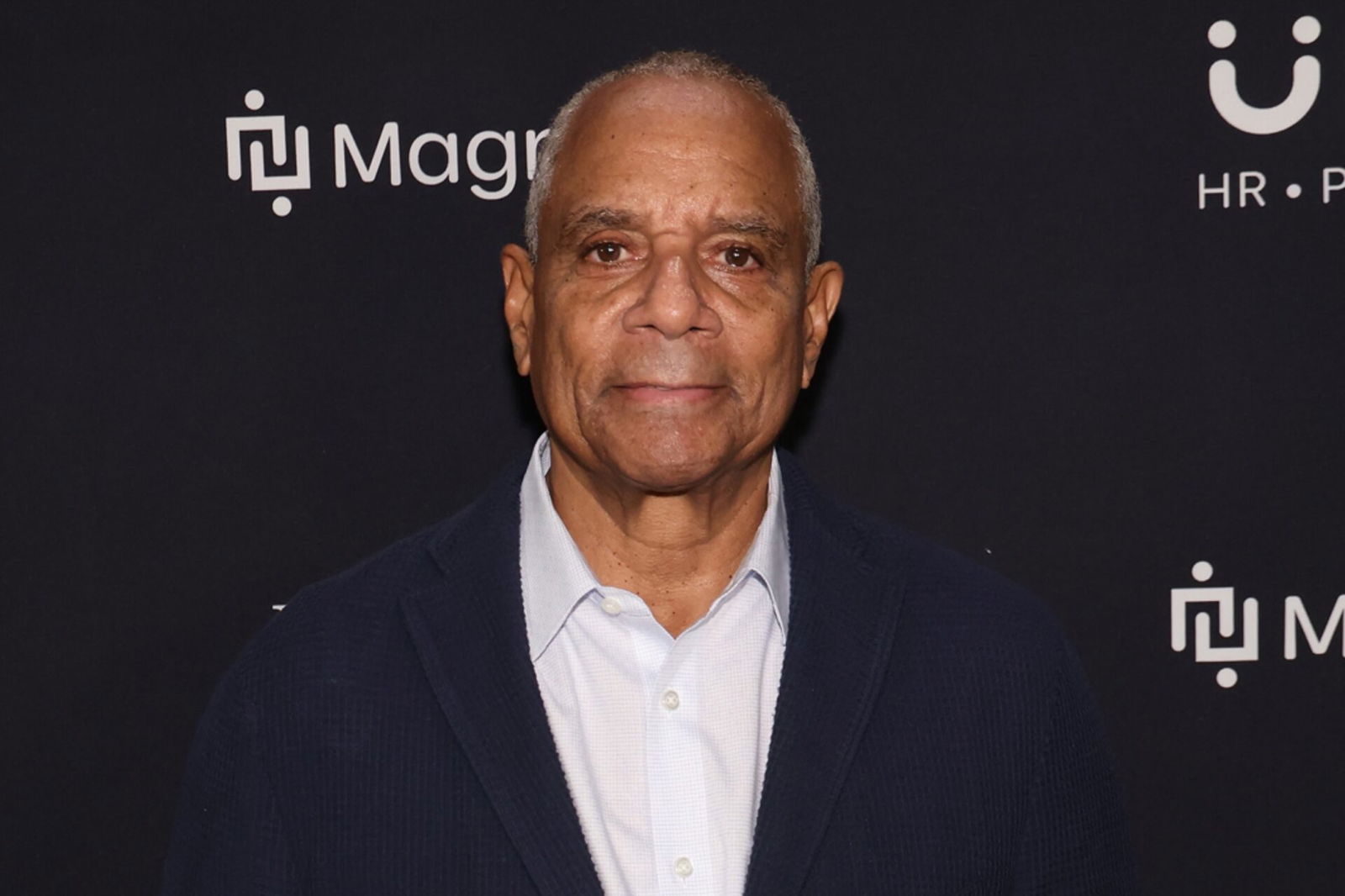
by Daniel Johnson

October 15, 2024
According to Frazier, diversity strategies are essential in a country where everyone does not have access to the same opportunities.
Ken Frazier, the first Black CEO of a major pharmaceutical company, and Ken Chenault, the third Black CEO of a Fortune 500 company, warned that getting rid of Diversity, Equity, and Inclusion initiatives would limit the prospects of people who already face discrimination.
According to Frazier, diversity strategies are essential in a country where everyone does not have access to the same opportunities.
“At its best, DEI is about developing talent, measuring it in a fair way, and finding hidden talent and disadvantaged talent in a world where not everybody has an equal chance to exhibit their abilities,” Frazier, who was the CEO of Merck from 2011 to 2021, told CNN.
Frazier concluded, “Businesses will miss the best talent unless they go out of their way to develop strategies” for cultivating leaders who have faced discrimination—especially those based on America’s “tortured history around race.”
According to Frazier, his rise at Merck from legal counsel in 1990, to being switched to the business side of the company and placed on the path to leadership after being mentored by the company’s CEO, Roy Vagelos, showcases the need for DEI in the workplace.
According to Frazier, Vagelos understood that career paths weren’t always dictated by “the intrinsic talent of people.”
“The reality of the world was if (Vagelos) had used the normal promotional standards of the company—which, by the way, many people conflated with merit because that’s the way they always did it. That wasn’t merit. It was just the way Merck always did it—then I would not have had a chance.”
According to research from Boston Consulting Group, companies that have DEI teams are more diverse and have a higher percentage of employees who are Black, Asian, or Latinx.
As Chenault told the outlet, in the past, merit was often used to hide benefits or connections, and competition for promotions or scholarships is much more intense today.
“This concept that, 50 years ago, merit reigned—the definition of what merit was was not balanced,” Chenault, the CEO and chairman of American Express from 2001 to 2018, said.
According to Chenault, the standards for college admissions or promotions are generally much higher today.
Although they do not agree with every diversity, equity, and inclusion initiative, the pair believes that there has been considerable pushback against progress due to the political climate.
“Our society has experienced sine waves that oscillate up and down and sideways periodically,” Frazier said. “Right now, those sine waves—the political climate—is one that actually pushes back” against the work to address racial inequality.
The 2023 Supreme Court ruling to declare affirmative action unconstitutional has largely opened the floodgates for conservatives to tamp down on the diversity, equity, and inclusion initiatives enacted in the wake of the murders of George Floyd and Breonna Taylor.
According to Frazier, the companies that had already integrated DEI into the fabric of their companies are not going back, while those whose efforts were reactionary are choosing to abandon the initiatives because of the current political climate.
“For some of the companies that joined this initiative because the sine waves were encouraging them to do it (in 2020), those are the ones that are struggling to stay with it,” Frazier told CNN. “For those companies that had integrated DEI into the way they do business, fundamentally, it’s marbled into the meat, so to speak. They’re not trying to change that.”
RELATED CONTENT: John Deere Bows To Conservative Pressure, Ends Support For Diversity, Equity And Inclusion Initiatives




GIPHY App Key not set. Please check settings